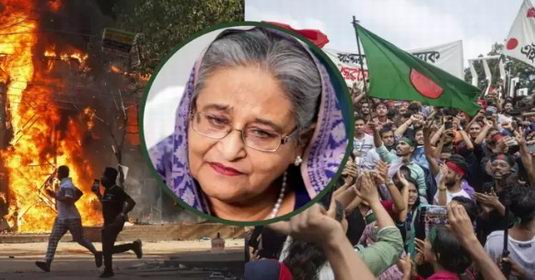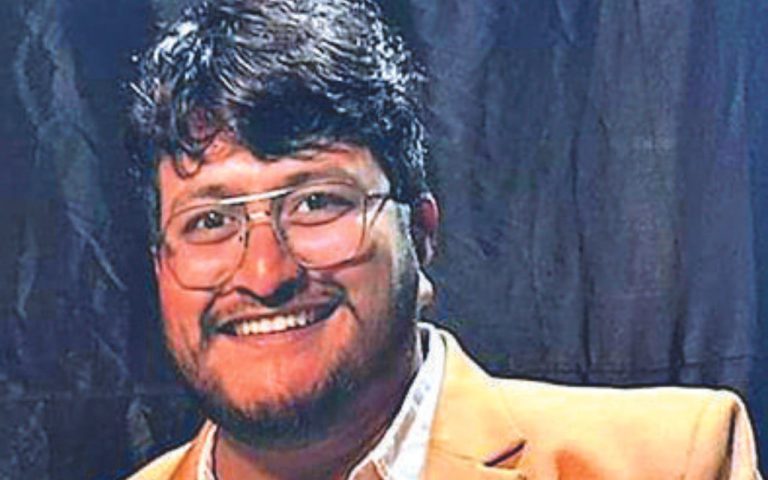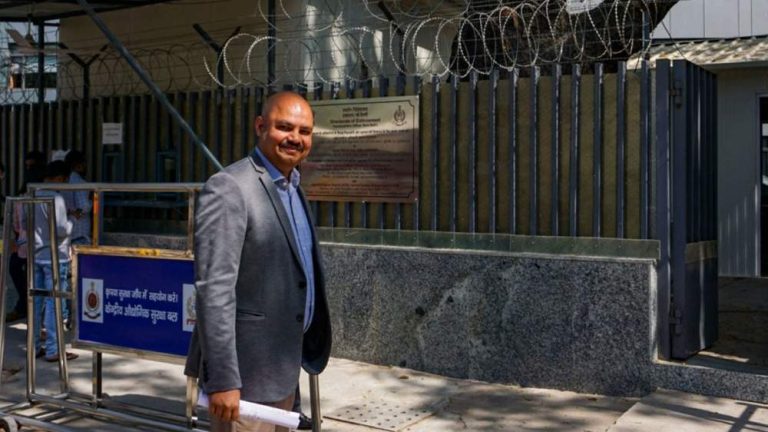After the coup of Sheikh Hasina, now there is a dispute over the chair of Bangladesh, student leaders imposed these conditions on the army chief…
Dhaka. A day after Bangladesh PM Sheikh Hasina resigned and fled the country, Bangladeshis are waiting to see what happens next. At the same time, the country's army chief has said that an interim government and new elections will be announced. However, not much information has been given about this. At the same time, the student leaders who overthrew the Hasina government have said that they will not accept a military-led government. In such a situation, the army is trying to persuade the student leaders by meeting them regarding the formation of a new government in Bangladesh.
The students' movement against reservation in jobs has toppled Sheikh Hasina's 15-year-old rule. PM Sheikh Hasina had to flee the country to save her life. Now she is considering taking refuge in European countries. At present, there are speculations about her going to London. With the departure of Hasina government from Bangladesh, who will sit at the top of power in the country? This question has arisen. However, a new problem has started arising in this too. There has been no consensus between the Bangladesh Army and student leaders regarding the formation of the government. BBC reports that talks are going on between student leaders and the army regarding the formation of the government, but the student organization does not want to see the army sitting on the chair of the government at any cost.
Local media reported that Army Chief Waqar-uz-Zaman needs the consent of student leaders to form a new government. For this, talks are going on among them so that a new interim government can be approved in the country. Student leaders do not want to hand over the country to the army. They said that they do not want a military-led government. In the talks, students have advocated for the chief advisor Nobel Peace Prize winner Muhammad Yunus.
“No government other than the one we have recommended will be accepted,” Nahid Islam, one of the key organisers of the student movement, said in a video on Facebook. “We will not accept any government supported or led by the army.” Islam said, “We have also discussed with Mohammad Yunus and he has agreed to take this responsibility on our invitation.”
Bangladesh Army Chief General Waqar-uz-Zaman plans to meet the organisers of the protest, the military said in a statement, a day after Zaman announced Hasina's resignation in a televised address and said an interim government would be formed.
Yunus, 84, won the 2006 Nobel Peace Prize for his work to lift millions of Bangladesh's rural poor out of poverty by providing small loans of less than $100, but was jailed in June after a court accused him of embezzlement. However, Yunus was released from jail after the coup of Hasina's government. Yunus did not immediately respond to a request for comment on forming a government.






